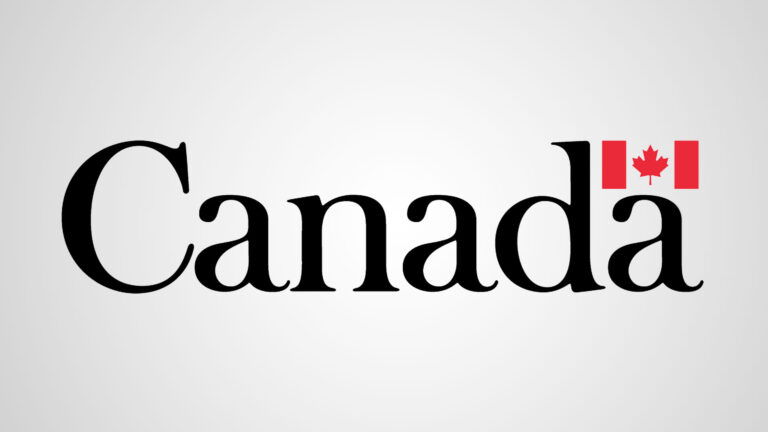The document Ensuring Safe & Efficient Communication of Medication Prescriptions in Community and Ambulatory Settings has the answer to this question.
Here’s a summary: The use of an intermediary to communicate verbal prescriptions between a prescriber and a pharmacist must be a last resort1. Patient safety and well-being is of utmost importance in making a decision to use an intermediary. When filling a medication prescription on an urgent basis, the benefit to the patient must be weighed along with the recognition of the legal risk incurred by the intermediary and the prescriber.
Can staff in a doctor’s office phone in prescriptions?
If a decision to use an intermediary is made, the use of the intermediary must be done according to the guidelines outlined below.
1. Communication of verbal prescriptions through intermediaries does not diminish the prescriber’s responsibility for accuracy and appropriateness of prescribing or the responsibility to be available if the pharmacist requires direct communication with the prescriber.
2. New prescriptions may be transmitted to a pharmacist through an intermediary only:
a. in unusual or urgent situations.2
b. by a regulated health professional intermediary who speaks directly with a pharmacist. Under no circumstances may two intermediaries be used.
3. A prescriber’s authorization to refill an existing prescription may be transmitted through an intermediary only:
a. following approval and documentation by the prescriber.
b. if there are no changes to the prescription.
4. Communication via an intermediary should include the indication for which the medication is being prescribed as well as the name and credential of the intermediary.
5. Intermediaries must not communicate verbal prescriptions for narcotics or controlled drugs, including benzodiazepines and other Targeted Substances as defined in the Controlled Drugs and Substances Act and its Regulations.
6. A new prescription that is communicated verbally to a pharmacist through an intermediary must be confirmed as soon as possible through direct communication between the prescriber and the pharmacist or via fax. Recommended time is within 24 hours.
A prescription that is communicated verbally must be documented by the prescriber issuing the order and the person receiving the order as per their professions’ standards of practice.
1 For the purpose of these principles, intermediary refers to any individual “third party” or “agent” who communicates a medication prescription on behalf of a prescriber to a pharmacist. Intermediaries also refer to electronic devices such as voice messaging systems and telephone answering devices used to receive medication prescriptions.
2 Unusual situations are circumstances that are not typical or that are out of the ordinary. Urgent/Emergent situations are circumstances that call for immediate action or attention.




